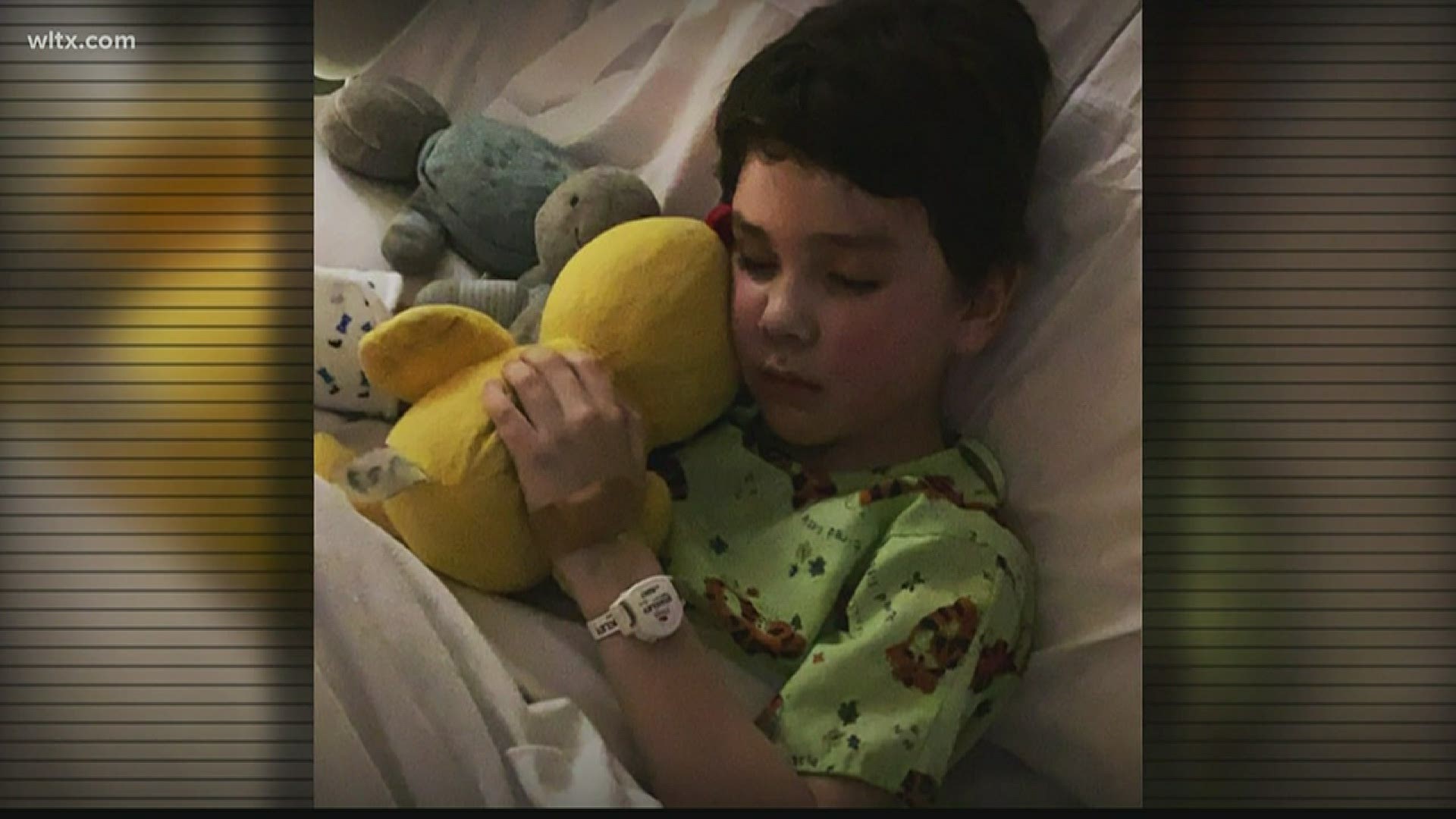LEXINGTON, S.C. — Health experts are continuing to learn about a children's disease linked to COVID-19.
It's called multisystem inflammatory syndrome (MIS-C). According to the Centers for Disease Control and Prevention, it's a condition where different body parts can become inflamed, including the heart, lungs, kidneys, brain, skin, eyes, or gastrointestinal organs.
Dozens of school-age children around the country have been diagnosed with it and at least three children in New York have died from it.
The illness is fairly new and many parents have questions about the inflammatory syndrome.
We took some of those questions to Dr. Lillie Bates, a pediatrician at Lexington Pediatric Practice, which is a Lexington Medical Center physician practice.
What are the symptoms?
"So typically it is fever, sometimes very severe abdominal pain, rashes that are unusual. It's often accompanied by swollen lips or red eyes," Dr. Bates said. "Obviously there are a lot of things that cause rashes and fevers in children. In this situation, the children usually do look very ill and so, most parents will know this is a little different for my child, even if they don't know if they've ever been around someone who has had COVID-19," Dr. Bates continued.
The CDC also released a list of symptoms including:
- Fever
- Abdominal pain
- Vomiting
- Diarrhea
- Neck pain
- Rash
- Bloodshot eyes
- Feeling extra tired
What should parents do if their child is showing symptoms?
"It's going to be very important to contact the physician, pediatrician, family practice. If they are not readily available because it's the middle of the night, consider being evaluated by the emergency room, urgent care," Dr. Bates said.
"The most important thing is to not panic because you know your child," said Dr. Bates. She says if your child has a mild rash or no fever, start with your family care physician or pediatrician.
Should families be worried about this disease?
"It is a very rare syndrome. Even in the areas that have reported multiple cases, it is still extremely rare. But the evaluation and treatment needs to be done usually in the hospital setting," according to Dr. Bates.
How can parents protect their kids from COVID-19?
"Just knowing your children, encouraging them to wear their masks, wash their hands and use hand sanitizer when appropriate," said Dr. Bates, adding that children should be supervised while using hand sanitizer.
She said taking these steps can help keep the whole family safe.
Additional resources for parents?
She says healthychildren.org is a great resource. The website has more information about this illness, ways to encourage children to wash their hands and wear masks.

